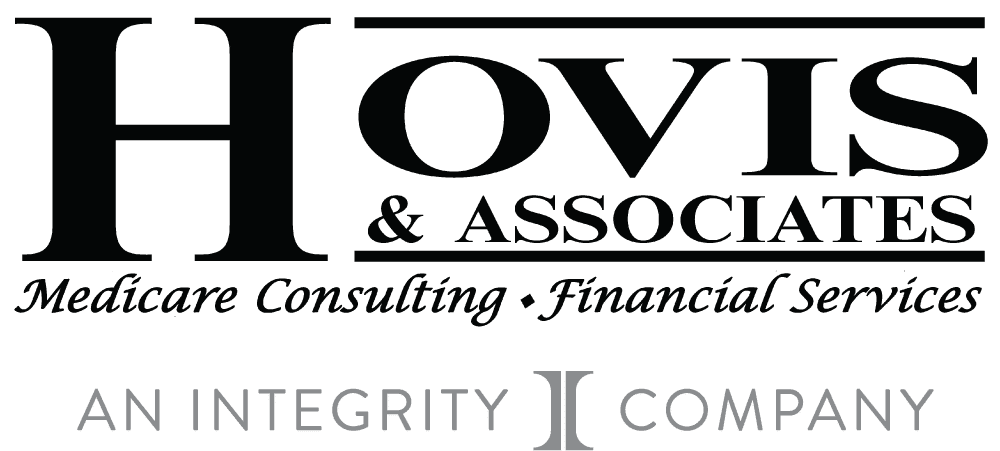Since its debut in 2010, the Affordable Care Act (ACA) has dramatically reshaped the healthcare landscape in America. With more than 25 million Americans gaining coverage, and a constant evolution of regulations and opportunities, licensed insurance agents today are perfectly positioned to make a real impact — not just by helping individuals navigate ACA marketplaces, but by exploring exciting areas like the Individual Coverage Health Reimbursement Arrangement (ICHRA) space as well.
ACA Enhancements: A Window of Opportunity
The ACA has always been about making healthcare more accessible and affordable, but recent legislative changes have made it even more attractive. Under the American Rescue Plan Act (ARPA) and later the Inflation Reduction Act (IRA), enhanced tax credits have made ACA plans significantly more affordable.
- Individuals earning over 400% of the Federal Poverty Level (FPL) can now qualify for premium caps at 8.5% of their income.
- Those earning between 100–150% of FPL can access $0 premium plans.
- Unless Congress acts, these enhanced credits will expire at the end of 2025.
- A 10-year extension could cost an estimated $335 billion, according to the Congressional Budget Office (CBO).
For now, these credits have opened new doors — but insurance agents need to stay nimble. Whether Congress renews the enhanced credits could be decided in late 2025 during budget negotiations.
CMS Marketplace Proposed Changes: What Agents Need to Know
New regulations are also brewing. The Centers for Medicare & Medicaid Services (CMS) released the Marketplace Integrity and Affordability Proposed Rule in March 2025, aiming to tighten consumer protections and reinforce program integrity.
Highlights include:
- Tightened grace period rules: Only clients paying at least 95% of their premiums post-subsidy avoid grace periods.
- Faster tax reconciliation: Reducing the window for tax credit reconciliation from two years to one.
- Elimination of the 150% FPL Special Enrollment Period (SEP): Could make coverage trickier for lower-income clients in non-expansion states.
- More stringent income verification: Marketplaces would verify 75% of new SEP enrollments.
And a few quirky but important tweaks:
- Auto-enrollees may need to pay a small $5 premium to encourage active participation.
- Removal of re-enrollment hierarchy rules could mean fewer automatic plan “upgrades” without client input.
These changes will certainly require insurance agents to be even more proactive and well-versed when helping clients through the ACA enrollment process.
ICHRAs: A New Frontier
With rising insurance costs (hello inflation 👋) and a growing small employer market struggling to offer traditional benefits, ICHRAs have become a shining opportunity.
- What’s an ICHRA?
An Individual Coverage Health Reimbursement Arrangement lets employers offer a fixed, pretax allowance that employees can use to buy individual health insurance and qualified expenses.
- Why do they matter now?
If enhanced ACA subsidies sunset, employees could lose generous government tax credits. Receiving employer-sponsored, tax-free dollars through an ICHRA could become even more valuable.
Interestingly, even when enhanced ACA tax credits first appeared in 2021, the ICHRA and QSEHRA markets kept growing — and growth is accelerating.
- The ICHRA market currently serves 500,000–1 million employees and is growing about 60% year-over-year.
- Growth is strongest among small employers, but large employers are entering the space fast.
- Major insurance carriers are actively building strategies around ICHRAs — some are even moving toward acquiring ICHRA administration companies!
The Bottom Line for Agents
There’s never been a better time for agents to:
- Get ACA certified (if you aren’t already),
- Master the new rules and tax credit landscape,
- Learn about ICHRAs and position yourself as a trusted advisor to both small and large employers.
The ACA and ICHRA spaces are not only alive and well — they’re dynamic, growing, and full of opportunity. Agents who embrace these tools will be well-positioned to thrive no matter which way Congress or public opinion turns.
As we’ve seen before — with the ACA’s unlikely political origins and the shifts in Medicare support — public sentiment and policy evolve. So does the smart agent’s toolkit.
Want to Learn More?
Join us on Thursday, May 22, 2025, at 11 AM in our Hovis & Associates’ Training Center in our STL office for our ACA & ICHRA training.
Agent Success Manager, Nolan Ebbinghaus, along with our TPA partner Zizzl Health, will share key insights to help you grow your business and stay at the forefront of the industry trends.
RSVP today! Spots are filling up fast!
Lunch will be provided by Medica.
RSVP by emailing Lacey Robertson at laceyrobertson@hovisandassociates.com or calling (888) 613-6196!
Sources
- New Rule to Limit ACA Enrollment Periods May Deter Sign-Ups — The Commonwealth Fund
- It All Adds Up: The High Cost of Health Insurance Exchange Regulations Under the Biden Administration — Peter J. Nelson
- The Consistency of Health Insurance Coverage in Small Businesses: Industry Challenges and Insights — JPMorganChase Institute
- Why Brokers Matter in the ICHRA Market — BenefitsPRO
- The Trillion Dollar Revolution: How the Affordable Care Act Transformed Politics, Law, and Health Care in America — Edited by Ezekiel J. Emanuel and Abbe R. Gluck

